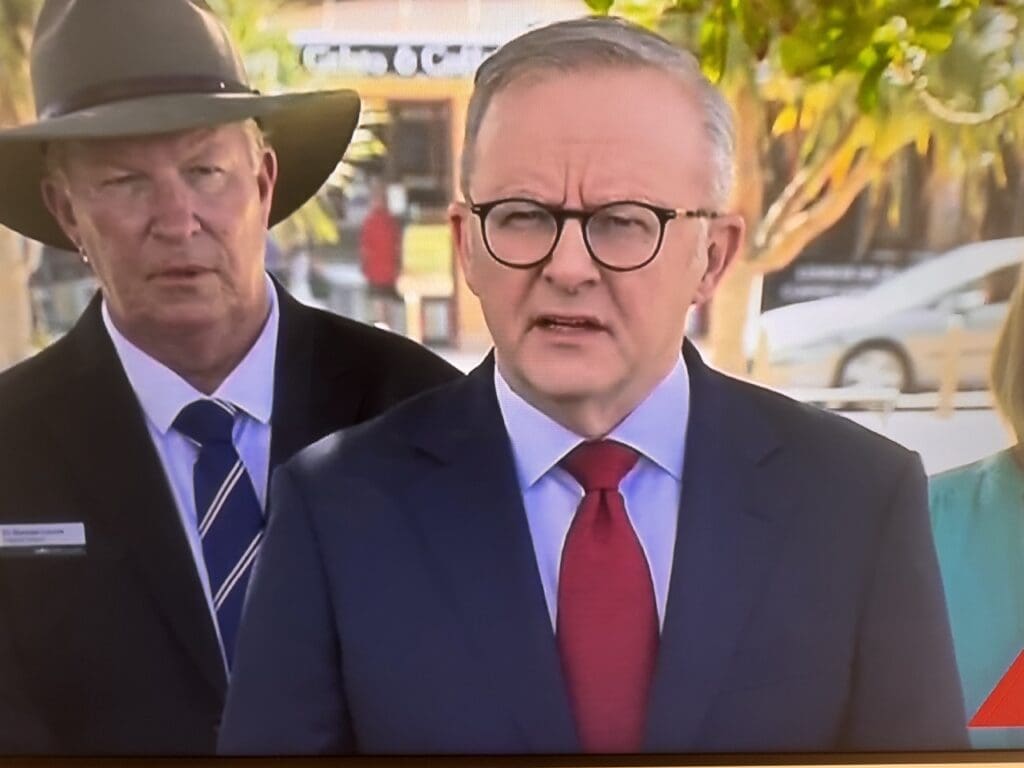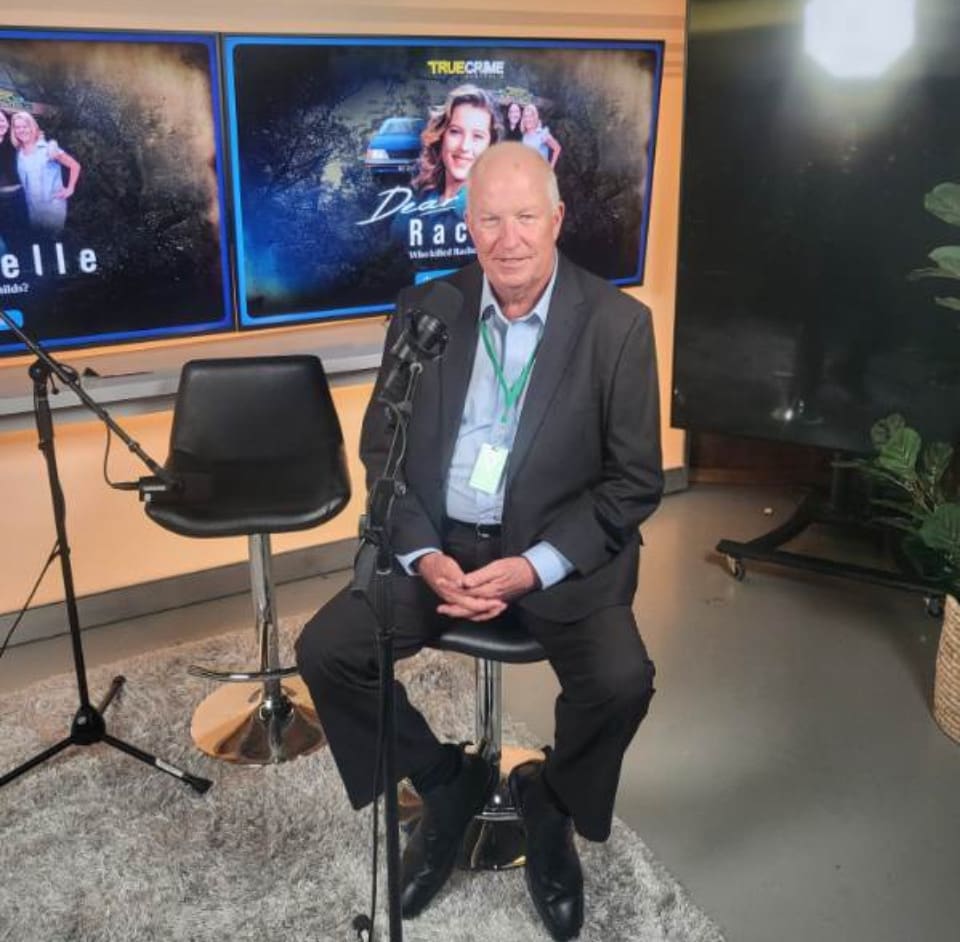This week marked what many saw as the legal end of one of Australia’s most high-profile murder cases—but for Ballina Deputy Mayor Damian Loone, the search is far from over.
The High Court of Australia ruled that convicted wife killer Chris Dawson would not be granted leave to appeal his conviction.
For many, this was the final legal battle in a case that had spanned decades. But for the celebrated former detective who led the investigation, it’s not over.
“I won’t rest until Lyn is found,” Loone said, referring to Lynette Simms, Dawson’s wife who disappeared in 1982.
“The day we can repatriate Lyn to a proper burial with her family present—that’s the day the journey will be over.”
Loone took over the investigation in 1998 and remained determined even after his retirement in 2021.
“From day one I knew there was no way this fellow was innocent,” he said.
“Justice Ian Harrison got it right back in 2022. Dawson was never disadvantaged—he had every opportunity.”
Now, with Dawson’s final legal avenues exhausted, Loone says the family no longer needs to endure another trial.
“They’ve gone to the highest court in the land, and they rejected it—six nil. That’s telling,” he said.
“At least now the family doesn’t have to be dragged through another three-month trial.”
Still, Loone’s focus remains on one final act of justice: finding Lynette’s body. “NSW passed the ‘no body, no parole’ law in May last year. It means exactly that—if you don’t tell authorities where the body is, you don’t get parole.”
He says he’s kept a promise to the Simms family that he would never stop trying to get them answers.
“You look into their eyes, and they’re asking you, ‘What happened to Lyn?’ You give your best answer,” he said.
“I probably shouldn’t have made that promise. But I did.”

From Cold Cases to Council Chambers
Since retiring to Ballina, Loone has stayed active as a professional advisor to investigative podcasts and true crime series. He was a key source for The Teacher’s Pet, the Walkley Award-winning podcast that reignited the Dawson case, and says podcasting has opened a powerful new channel for justice.
“When the episodes drop, people come forward—email, phone, social media,” he said. “It’s like putting a jigsaw puzzle together. These are things we never heard back when the case was fresh.”
Loone is currently working on a new series about Rachelle Childs, who was murdered in 2001, and has contributed to Bronwyn, the podcast about Bronwyn Winfield, the Lennox Head woman who disappeared in 1993. He sees clear parallels between Winfield’s case and that of Lynette Dawson.
“Again, we’ve got a young mother who supposedly ‘goes on a break’ and never comes back. No bank activity, no passport, nothing,” he said.
“I truly believe someone in the Ballina Shire knows more than they’re telling authorities.”
Loone has also seen firsthand how forensic science has evolved.
“Back in the ’80s and ’90s, we didn’t have anything like what we have now. Now we can pick up DNA from garments decades later. It’s incredible.”
Outside of crime work, Loone is ten months into his term as Ballina’s Deputy Mayor, and he’s finding the role both challenging and fulfilling.
“I love Council. I love representing people and helping solve problems,” he said. “Some issues take time, but I don’t give up. I’m like an old dog with a bone—I won’t let go.”
He’s particularly proud of developments like the new Kingsford Smith Park pump track and Ballina’s leadership in confronting domestic violence.
“The work being done by Dave and Robbie Harmon through Rotary to stop domestic and family violence is going international. It’s making Ballina a beacon.”
Looking back, Loone says his 35.5-year policing career—20 of those as a detective sergeant—prepared him well for life as an elected representative.
“I stayed in that role because I loved being on the tools. I wasn’t about becoming an office manager,” he said.
“Detective work is the most fascinating thing I’ve done. It’s taken me all over the world and introduced me to people I’ll never forget.”
Asked whether the treatment of women in missing persons cases has improved, he’s candid.
“In the 1980s, if someone reported a woman missing and said they’d ‘heard from her,’ police too often just accepted that. That wouldn’t happen today,” he said.
“Now you’d have a strike force overnight. And that’s how it should be.”
For Loone, there’s no question the fight is worth continuing.
“We still have a serious problem with men killing women. It just doesn’t stop,” he said. “We need to keep saying: it’s not okay. Just walk away. Don’t destroy a life.”
Main Photo: Damian Loone – on the set for his latest podcast recording, Dear Rachelle



0 Comments